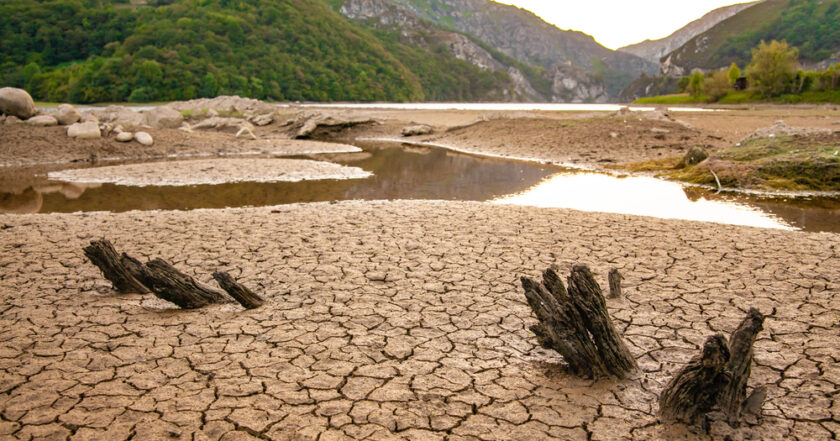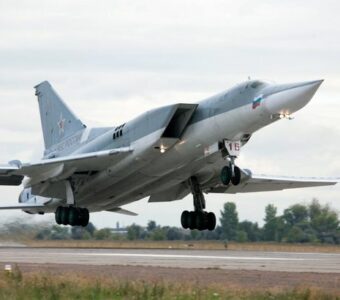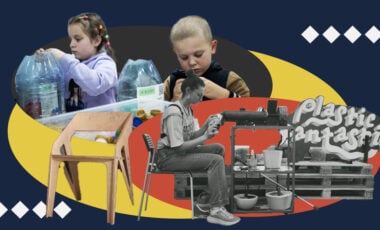Drought hitting more than half of EU and UK

The environmental problems of 2022 are already beginning to be the cause of an intense crisis in Europe. For example, this year's drought is predicted to be the worst in 500 years.
According to data published by the European Drought Observatory in early August, sixty-three percent of land in the European Union and the United Kingdom is now under either drought warnings or alerts.
More concerning is the 17% of the land that hit the most severe "alert" status, up from 15%, meaning not only is soil drying out after low rain, but plants and crops are suffering too.
Water levels in the rivers have fallen to their lowest levels this year. The main water artery of Europe—the Rhine River—has dried up so much that navigation has become practically impossible. The country transported oil products, metal, and raw materials along this river. Currently, other routes are being sought for cargo, and the economy is suffering losses of 20 billion euros.
Sky News reports that Spanish reservoirs are at just 40% of capacity on average in early August, well below the ten-year average of around 60%, while a shriveling lake in Serbia has washed up hundreds of dead fish, and French police are patrolling the streets of some areas to ensure that residents and businesses are not using water wastefully as the country grapples with water shortages and another major wildfire.
Severe drought also damages the crop. Corn, sunflower, grapes, and olives did not bear fruit. Therefore, the production of oil and wine will suffer. It will deal a blow to the economy, which has only just begun to recover from the consequences of the coronavirus pandemic and adapt to russia's war in Ukraine.
A recent report by the Joint Research Centre, the European Commission's science service, forecast a drop of 8-9% in the production of grain maize, sunflowers, and soybeans in the EU because of hot and dry conditions over the summer, well below the five-year average, CNN reports.
In addition to everything, the energy crisis was provoked by russia. The climate problems hinder Europe's intentions to abandon russian oil and gas.
For example, dried-up rivers do not allow hydroelectric power stations to produce the required amount of energy, and production has fallen by 20 percent. Water levels in reservoirs for hydropower are down in nine countries, including Italy, Serbia, Montenegro, and Norway.
Solar and nuclear power also have problems due to heat. For instance, nuclear operator EDF last week reduced its power output at a plant in southwestern France due to high river temperatures on the Garonne, with half of its 56 reactors already offline due to maintenance or corrosion problems.
Because of these factors, we have to compensate for the lack of energy by burning coal and gas. European consumers are already feeling the effects of this crisis. France, Spain, and Britain have introduced restrictions on water consumption by citizens, farmers, and industry. While Italy, Portugal, and Poland are only calling for saving water.
The ecosystem is changing much faster than scientists previously predicted, the director of the European Space Agency says. Therefore, the measures that European governments are already forced to take will also change our way of life.






















































